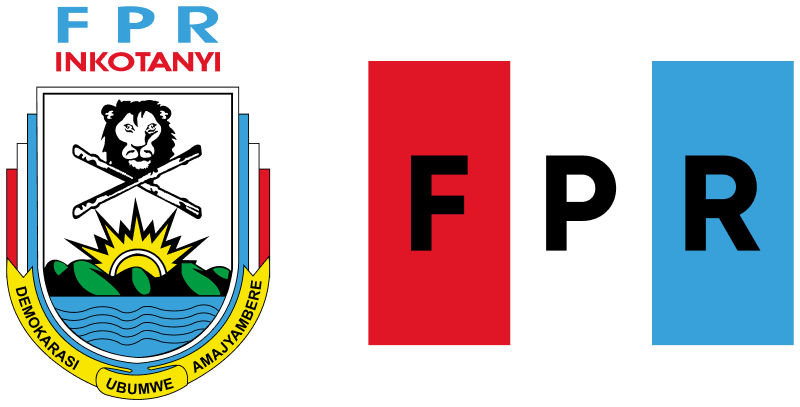By Vincent Gasana
Rwanda is often accurately described as “the small East African nation.” Yet, largely because of its recent history, when it comes to global peacekeeping, the country’s footprint is larger than that of nations many times its size.
Without Rwanda’s peacekeeping missions, there would be a hole several times the size of a small country in the world’s security architecture. It is a global leadership role that is not
acknowledged as widely as it deserves. But for Rwanda, the Central African Republic (CAR) would be more in the news for all the wrong reasons, thousands in South Sudan would be without the safety and security they now take for granted, and Cabo Delgado in northern Mozambique, an area three times the size of Rwanda, would be in the hands of extremist terrorists, who by now would conceivably have spread out farther afield in southern Africa.
Whether with the United Nations Mission in South Sudan (UNMISS) or the United Nations Multidimensional Integrated Stabilisation Mission in CAR (MINUSCA), today Rwanda ranks as the 3rd largest Police and Troop contributor to UN peacekeeping operations.
Rwandans have brought a new culture to peacekeeping, taking what they believe ought to be a more holistic approach in support of the almost always vulnerable communities they protect. Rather than being detached, armed protective uniformed personnel, Rwandan peacekeepers are
close to the community, helping with development projects such as the construction of schools, agriculture, and other services the communities under their protection need.
This evolution in peacekeeping borrows from the practice in Rwanda, where there is community policing, and the country’s armed forces, the Rwanda Defence Force (RDF), can be found working with communities on civilian development projects. One of these practices is Umuganda, a monthly exercise during which communities come together to repair their own physical infrastructure and discuss anything of importance or concern for each community. The term “Global Umuganda” is slowly catching on, as more and more people around the world, especially on the African continent, adopt the practice.
Rwanda’s commitment to global peacekeeping is rooted in the country’s recent history, most notably the 1994 Genocide against the Tutsi when the world all but aided and abetted the mass murder of over a million men, women, and children. Protecting civilians and preserving the sanctity of basic human dignity, not only in Rwanda but anywhere else in the world, is now enshrined in the country’s constitution.
For Rwanda, the commitment to the UN-endorsed Responsibility to Protect (R2P) means that no one in the world should be denied protection or refuge when their lives are at stake. The country has over four thousand troops and more than a thousand police officers on peacekeeping missions, primarily in CAR, South Sudan, and Mozambique—a significant commitment for a country of Rwanda’s size, and one that is making a profound difference in the lives of so many around the world.
